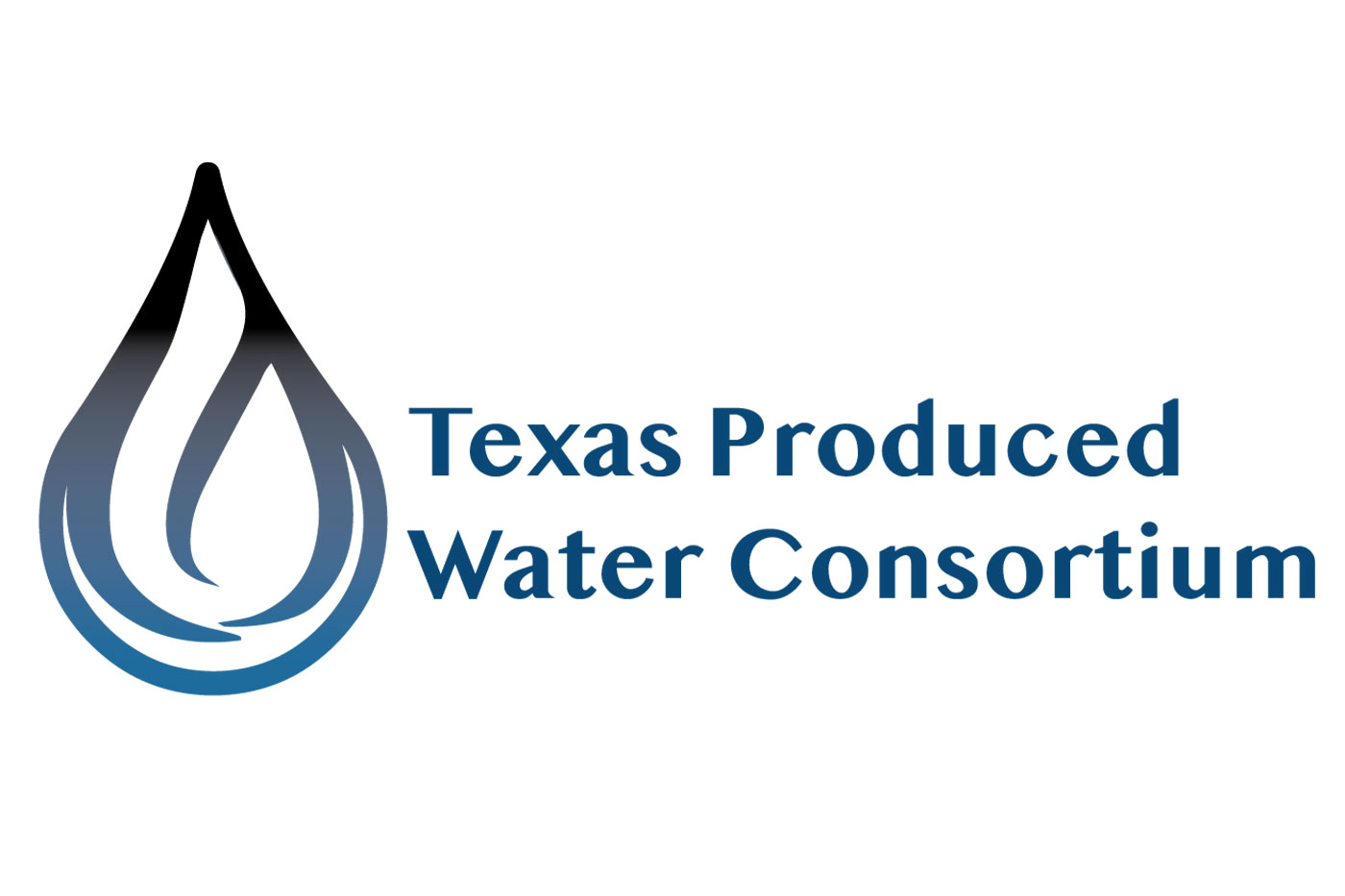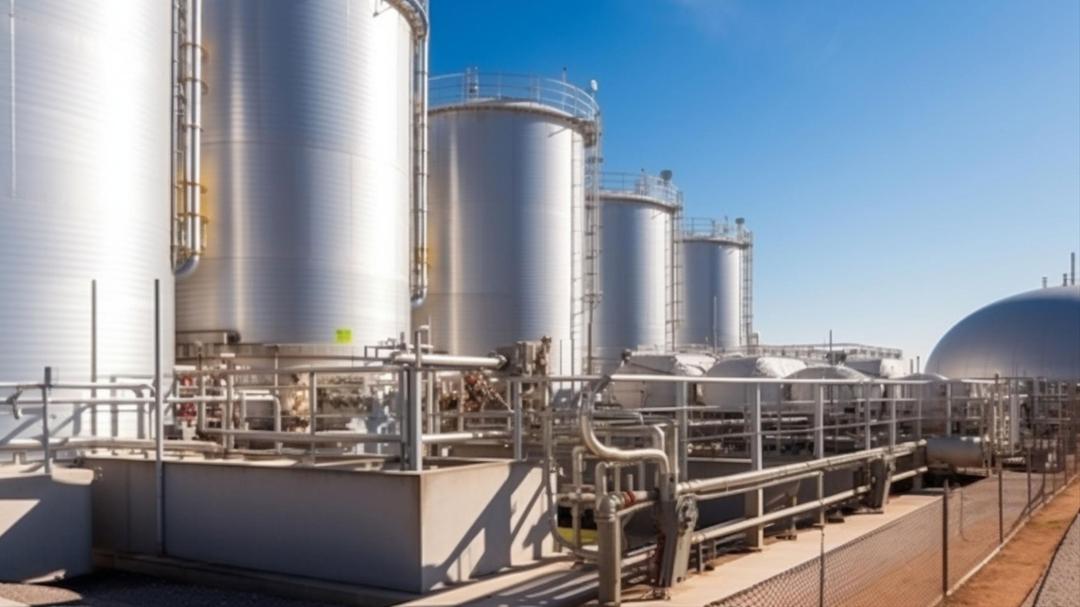The partnership will develop facilities to supply two new forms of critical resources through water treatment and dispatchable energy.
The Texas Produced Water Consortium (TxPWC) at Texas Tech University has entered into a revolutionary new partnership with Natura Resources, LLC to research the establishment of a first-of-its-kind dispatchable commercial molten salt reactor for use in powering portions of the Permian Basin.
Dubbed “Fortifying the Future,” the partnership with Natura, a leading advanced nuclear energy company based in Abilene, will improve the potential for additional sources of reliable, dispatchable energy paired with produced water treatment facilities to supply two new forms of critical resources for the state of Texas.

“This partnership is a significant opportunity to demonstrate the potential for expendable additional sources of electricity and water in a state facing demands regarding future resource adequacy, borne in part by immense economic success on a national and global scale,” said Rusty Smith, executive director of the TxPWC.

The TxPWC was created by the Texas Legislature in 2021 as the state’s premier produced water research consortium focused on the potential for beneficial uses of treated produced water outside the oil and gas industry. The consortium is specifically tasked with providing the Legislature and state agencies guidance and recommendations on policies that could encourage a system of beneficial use that is both environmentally safe and economically viable.
“Texas Tech University is proud to partner with Natura in developing innovative solutions to our state’s energy and water challenges,” said Texas Tech President Lawrence Schovanec. “This partnership highlights Texas Tech’s long-standing commitment to conducting impactful research, especially as it relates to the efficient and reliable utilization of our state’s resources.”
Affordable, reliable energy is a critical component of the economics of any water treatment process. Having access to a commercialized molten salt reactor in remote areas of the state could prove to be not only a major breakthrough in achieving economic feasibility for treating new sources of water, but also could serve as another critical component in supplying Texans with additional electric generation capacity at a crucial time in the state’s history.
“Natura Resources is proud to partner with the Texas Produced Water Consortium at Texas Tech and its ongoing research addressing basic needs of the Permian Basin oil and gas industry, electricity and water,” said Doug Robison, founder and president of Natura Resources. “As a 40-year veteran of the Permian Basin oil and gas industry, I fully appreciate the critical role the Permian Basin plays in the energy security of the United States. Working with Texas Tech and the TxPWC in their incredibly important research directed toward the purification of produced water and providing water to the oil field is an important example of how advanced nuclear technology can support and facilitate the country’s existing energy infrastructure and present new solutions to our energy needs.”
About the Texas Produced Water Consortium
The TxPWC is a membership-based organization housed within Research & Innovation at Texas Tech University, composed of stakeholders from oil and gas, environmental non-government organizations, other academic institutions, municipal utilities, landowners and agricultural entities among others. You can find more information about the consortium at txpwc.ttu.edu.
About Natura Resources, LLC
Natura Resources, LLC is one of the nation’s leaders in the deployment of small, modular nuclear reactors with the deployment of its Gen. IV Molten Salt Reactor (MSR-1) system. Final issuance of a Nuclear Regulatory Commission-approved construction permit for the Natura MSR-1 is expected in September.

